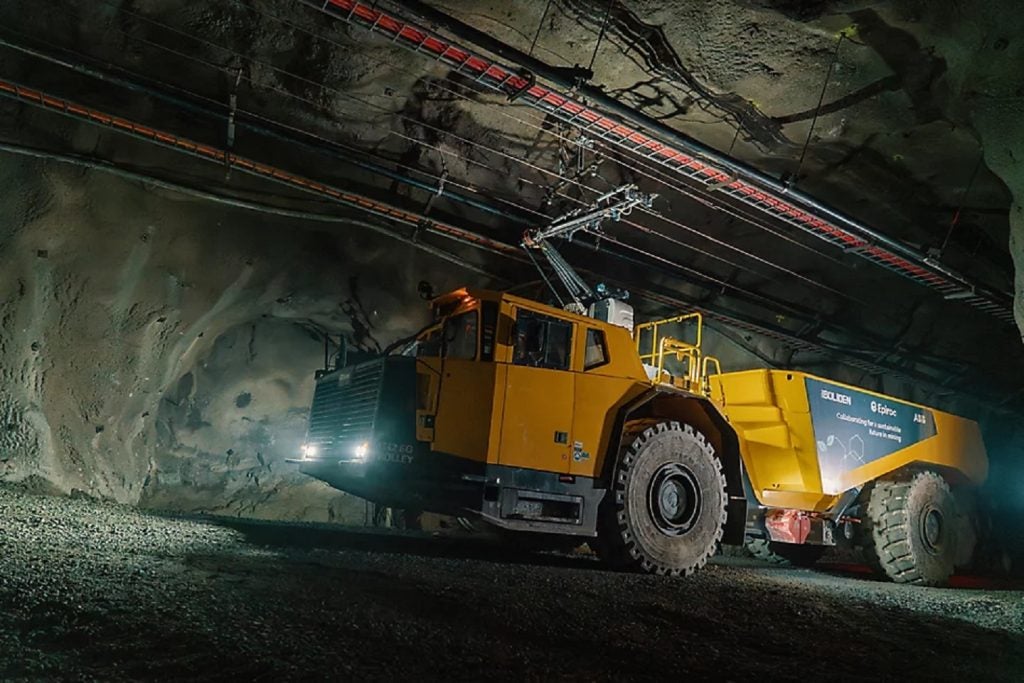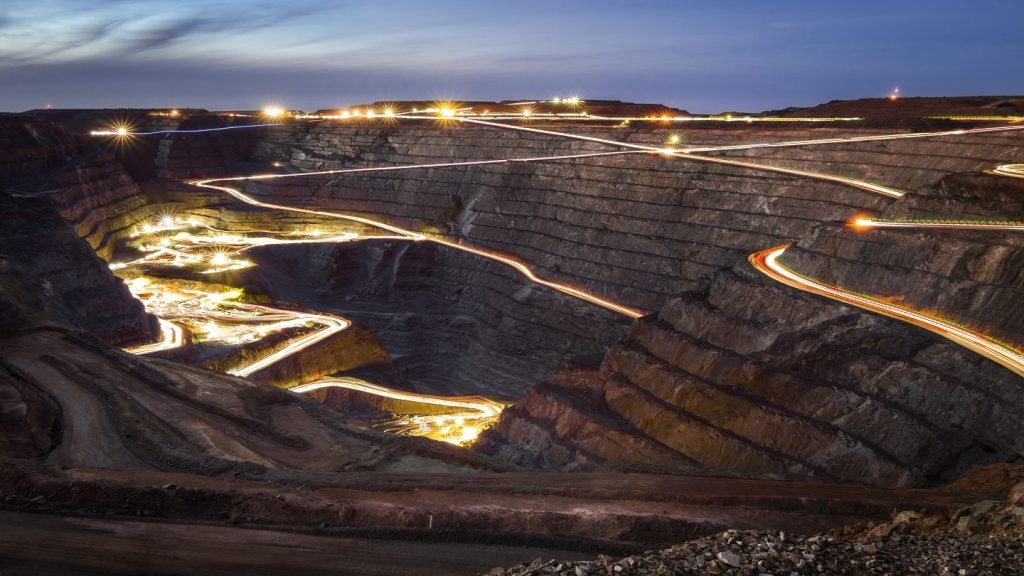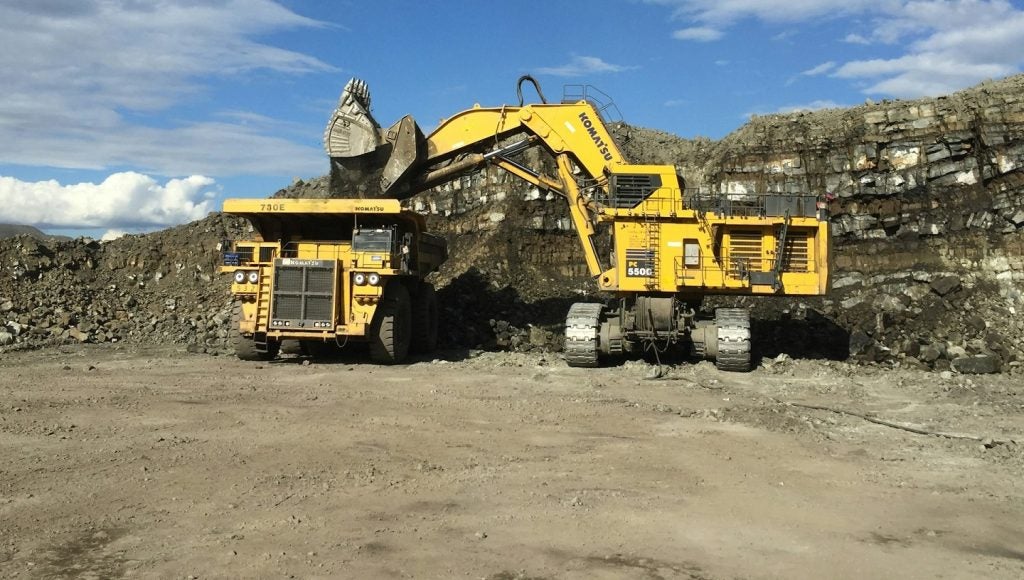

Before even being given the go ahead, all mining projects in sensitive regions of Australia must undergo rigorous environmental assessment to ensure the sustainable development of these areas. While the level of assessment does vary from project to project, operators will generally have to demonstrate that their project will either not have a significant impact or, if there will be significant environmental effects, that these can be adequately managed – whether this be by the avoidance of sensitive areas, the ongoing monitoring of impacts or the provision of offsets.
If these assessments – and the subsequent measures, monitoring or offsets – are not carried out, Australia, which is home to some of the most fragile ecosystems in the world, could be faced with population loss to rare species or even, in extreme cases, their extinction.
And it’s not easy to understand the impact a complex mining operation could have on a delicate ecosystem. For example, in remote or rugged areas, there may be species which only exist in that one particular spot and have not yet been formally described, while social factors, such as the impact of a project on indigenous local communities, also come into play.
Environmental consultancies, such as Western Australia based ecologia Environment, therefore, have a key role to play both in the assessment of new projects before they are granted approval and in their ongoing management. Crucially, enlisting the help of companies like ecologia should never be left until the last minute.
See Also:
Elly Earls met ecologia’s general manager Dr Lazaro Roque-Albelo to find out more about why incorporating sustainability into a mining project from the outset is key, how operators’ attitudes to sustainability are evolving and what’s next for ecologia Environment.
How well do you really know your competitors?
Access the most comprehensive Company Profiles on the market, powered by GlobalData. Save hours of research. Gain competitive edge.

Thank you!
Your download email will arrive shortly
Not ready to buy yet? Download a free sample
We are confident about the unique quality of our Company Profiles. However, we want you to make the most beneficial decision for your business, so we offer a free sample that you can download by submitting the below form
By GlobalDataElly Earls: can you briefly explain why your work is so important in the Australian mining industry?
Dr Lazaro Roque-Albelo: By facilitating initial project approval and satisfying regulatory conditions for ongoing operation of mining infrastructure, not only do we help mining companies reduce delays in project approval, which can be expensive for the mining industry, we also guarantee the sustainable development of the areas where the projects are located by using the most up-to-date approaches in environmental management.
EE: What would the consequences for the environment be if companies like yours were not brought in before mining operations took place?
LRA: The consequences of not undertaking rigorous impact assessment of the biological values prior to mining and other developments can include the loss of rare species and ecosystems. In many cases, infrastructure can be designed to avoid areas of highest conservation significance, but ongoing impact monitoring may be required to demonstrate the effectiveness of impact mitigation measures.
EE: ecologia has assessed some of the most sensitive areas on the planet. Could you give one or two examples of projects that were particularly challenging?
LRA: Some of the most interesting areas for biological assessments in Western Australia are the isolated Banded Ironstone Formation (BIF) ranges scattered across the southern half of the state. The ancient rocks of which these ranges are composed act as islands in a sea of relatively homogenous plains. Many of the BIF ranges support endemic species of plant and animal which occur only on that one range, and nowhere else in the world.
Other areas of ecologia’s expertise include the tropical wet forests of the Andes in South America; these forests support over 50% of the global biodiversity with plants and animals unique to this ecosystem. These places are fascinating for their unique biological values, but present challenges when developments and conservation objectives have to meet.
EE: What made these projects so challenging, and how did you overcome the biggest obstacles?
LRA: The main challenges in these projects from the biological perspective are with producing fine-scale distribution and abundance data for species that are often poorly known and, in many cases, not yet formally described. This can involve the physical challenges of accessing isolated areas and rugged terrain as many of these species only occur in isolation.
The challenge is to understand the habitat preferences of these species in sufficient detail that most effort is spent in areas where they are most likely to occur, and find new populations in areas that have not previously been adequately surveyed. This is what motivates our biologists – to get to know the species in an area so that we can predict where and when they occur, and in the future to be able to design habitats suitable for the return of these species after the mining has come to an end.
In addition to the biological challenges, there are also social challenges, especially when working in under-developed countries or with isolated communities. Many of those areas are inhabited by indigenous groups which are closely linked to the surrounding environment and at the same time have high expectation of the potential economic benefit that a mining project can bring to their communities. We can overcome these challenges by supporting the development of a holistic model of sustainable development that recognises the need of economic growth delivering a social and environmental solution for the benefit of local communities and the environment.
EE: Are mining operators in Australia as aware as they need to be about sustainability issues?
LRA: There is a wide range of attitudes to sustainability within the mining industry. Increasingly, mining companies incorporate sustainability into the core of their businesses, but there are some operators which still consider sustainability and environmental considerations as separate from their main business functions.
Incorporating sustainability proactively throughout an operation is a more efficient and effective approach to minimising approval delays and satisfying regulatory conditions. Leaving environmental studies until the last minute is the most expensive and high risk approach.
EE: Tell me a bit about some of your most exciting up and coming projects.
LRA: The most exciting projects involve our ongoing monitoring programs in very sensitive areas, such as the Pilbara and the Kimberley in Western Australia. In addition, we are excited about the opportunities to support the development of environmental impact assessment (EIA) systems in countries with emerging mining industries but with enormous natural resources and biodiversity.
EE: How do you hope ecologia will progress over the next one to five years?
LRA: I’d like to see ecologia continue to develop our current strengths in biological impact assessments and monitoring programs, but also develop into designing post-mining landscapes that provide habitats for species of conservation significance and positively contribute to the viability of the species unique to the areas.
Also, I’d like to see the company working with the local communities, integrating their ancestral knowledge of the values of the environment with the practical solutions to achieve sustainable development.


.gif)




